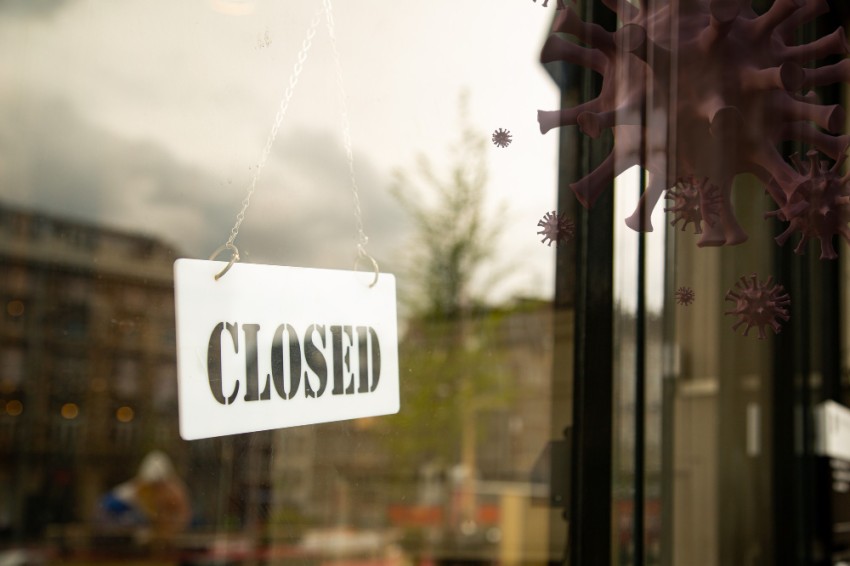- Opening hours : Monday to Friday from 8:30 to 17:00
We use cookies to analyze web traffic. No personal data is collected, and your visit is anonymized to protect your privacy.

The predictable has come true. Entrepreneurs who have had coronasteun are in huge trouble with the repayment of deferred taxes and excess contributions. The originators of this misery are now outgoing and under their desks. Not much more can be expected from them. The tax authorities have announced that the bailiffs are on the starting blocks to start garnishments and other collection measures. The battlefield is being prepared.
Of course, it is tough to shout as a government agency that you are going to enforce. First of all, enforcement makes no sense if there is no recourse. Second, judges will also get involved in the recovery process. In addition, entrepreneurs will try to restructure their debts themselves and then the tax authorities will have to go through the motions if a settlement is offered. Until October 1, they will thereby accept the same percentage of their claim than has been offered to unsecured creditors.
So why are all these chains going out of business?
Scotch & Soda, Big Bazar, Vero Moda, maybe BCC, to name a few. The latter has a tax debt of €30 million. So if you have to cough that up from regular cash flow in 5 years, you have to transfer €6 million of your hard-earned money to the tax authorities all those years. That money is earned extra sour because of inflation, indeed the companies are in a loss situation. They did not come up with that inflation, it was created by governments throwing money uninhibitedly, accepting asylum flows, getting involved in wars and throwing irresponsible amounts at climate goals. A bunch of smart economists have calculated that we will have to start cutting at least €17 billion from 2028. 2028? What about the next 5 years? Just keep on borrowing money at very high interest rates?
Today the ECB raised interest rates for the tenth time in a row, an interest rate curve that is historic. I would like to see austerity from now on. But in no election program so far I have read anything about it. No, just new plans, which will cost money.
The argument that we are passing on debt to future generations does not arrive. There are generations who have grown up in a society that has come to consider debt normal. For them, that is a paper reality. You can just tear that paper in half and the debt is gone. And if you are short of something, you can simply borrow again. Individuals do that, governments do that. And companies? They can't. If companies want to raise money, for example to restructure corona debts, the regular financiers won't respond. Rabobank recently put another mega sum into a private equity fund, which then uses it to invest in companies. Banks no longer want to lend directly to companies unless the amounts involved are very large. Those private equity funds scour the corporate markets looking for lucrative investments, without corona debts.
Political suicide?
So there is nothing left for entrepreneurs to do but pay up or remediate. Making a (voluntary) agreement with creditors is a laborious operation. You need experts for that, so it is costly. It is also important to first assess whether the company is fundamentally sound. You can only do a reorganization right once. Bankruptcy is much cheaper. Then you are completely rid of all debts at once. That is the route to take anyway if the company is not healthy (anymore). If it is healthy then a restart scenario is possible. But that too requires a lot of expertise and experience, so again high costs.
Still. Will the tax authorities really play it that hard? Isn't it political suicide for parties to do so in the run-up to the elections? There will be stories in the press of entrepreneurs losing everything, stories of the actions of the tax authorities reminiscent of the benefits affair. Then our brand-new politicians will buckle, there's no way around it. So as far as I am concerned, there is hope. Take a sum from Jetten's climate pot and we will have solved this issue.
0 Comments